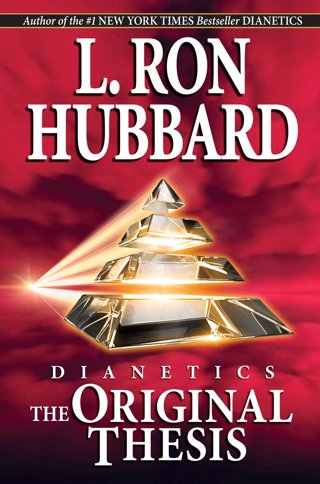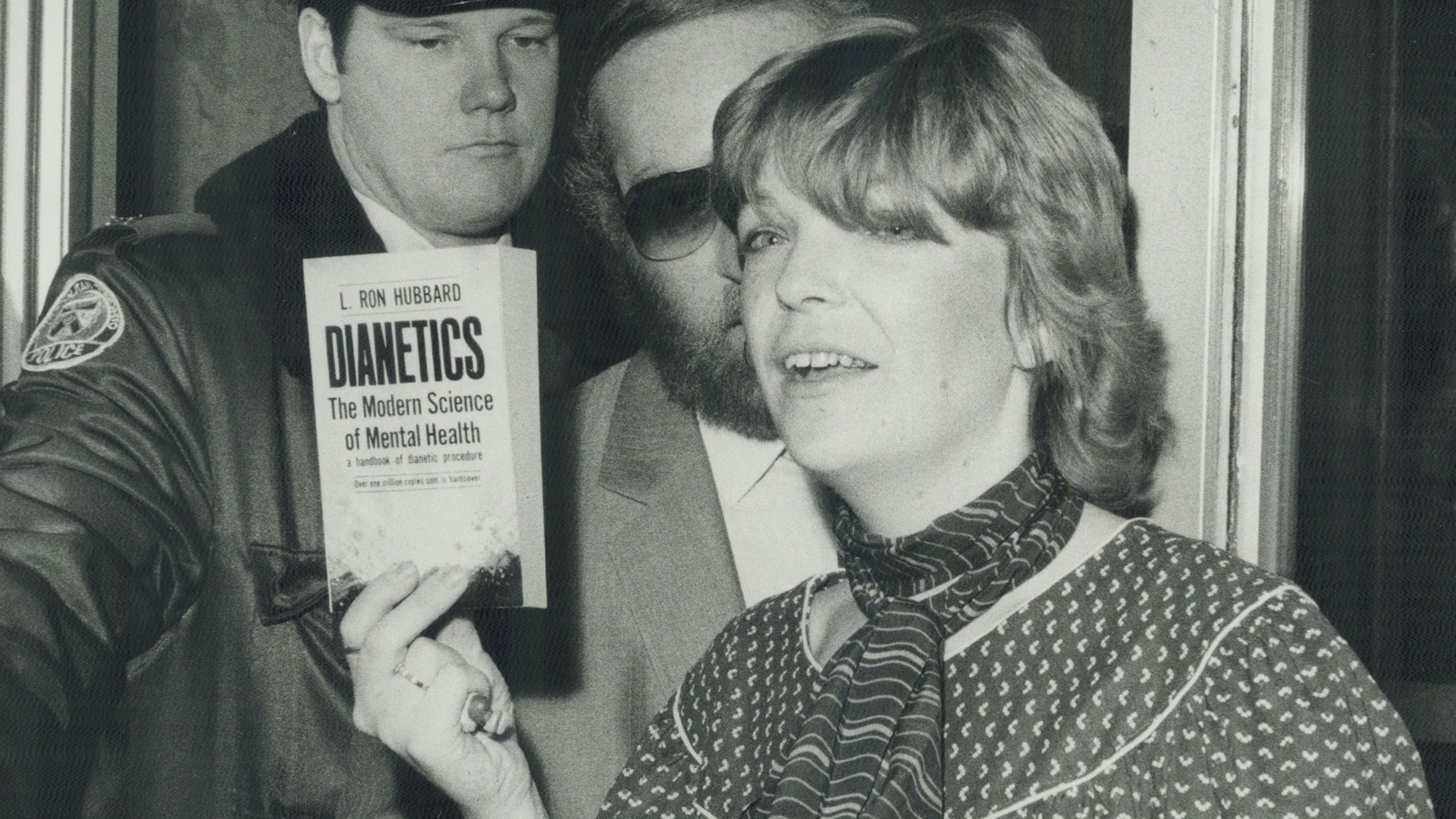The Dianetics Ideas
The Dianetics Ideas
Blog Article
An Unbiased View of Dianetics
Table of ContentsSome Known Incorrect Statements About Dianetics The Best Guide To DianeticsThe Of DianeticsDianetics Fundamentals Explained
I could not ever before not want to receive anything that enters your mind for you- if it was or else, I would not be resting here with you, doing this. I not only might never ever have an issue, or otherwise intend to hear something that enters your mind for you, however I'm totally eager to recognize every concept, every thought, every picture or sensation that arises or manifests for you- don't ever before assume otherwise, and if somehow you do, please simply let me recognize! Occasionally, you may have an idea, and picture, idea or incident turn up that does not seem to respond to the question, or connect to it, however nevertheless, constantly do tell me regarding it, and as we continue, the importance will certainly emerge for you.This is fundamental in the basis of processing, and the subject of this discussion: the fundamental functions of the counselor and the customer: The basic duty of the counselor is, unlike "basic training", not to control, which suggests to impose and/or hinder, however to rather work from the basis of EMPOWERING THE CUSTOMER.

What Does Dianetics Mean?
John Mcmasters expressed this basic truth incredibly well in among his talks on Power handling, in which he explains how he was asked what this "special knack" was that he had for giving such wonderful sessions; he needed to think about that for a moment, and detected that it was what he had not been doing, as well as what he was doing: he had not been evaluating, judging, computer, or as a matter of fact, producing any type of thoughts, allow alone spoken expressions, after offering the command and while waiting on the PC to complete their solution to their fulfillment; he was, just and only, existing with the PC, and totally interested.
The function of the therapist, demonstrated; that was his "unique propensity". I have had my very own experience which taught me this well, really early in the game. In 1982, having actually recently completed my training and internship on New Era Dianetics, I was running this on a COMPUTER, and there was a point in the session where (being a little bit wet behind the ears not yet having lots of hours under my belt as an expert auditor) the computer seemed to be "taking also lengthy" to reveal anything vocally after I gave him a command.
This key became one of the most valuable contribution that John ever before made to the topic of therapy or bookkeeping (Dianetics). In my humble viewpoint, it is the best contribution that any person has ever before made to these subjectsthe application is totally non-judgemental, non-evaluative, and without any type of recommendation, suggestions or opinion.no preconceived agenda for people, or 'degrees' that they have to do
In Scientology look what i found we prided ourselves on not evaluating for people. All that really meant was that the auditor did not VERBALLY evaluate for the Computer in session.
Some Known Details About Dianetics

Any person that had actually ever seen John audit might not help but see an one-of-a-kind quality in his auditing."The customer's try these out basic role is to be there with the purpose of relocating the direction of their spiritual goals, and to easily and totally express and experience whatever shows up for them in responding to the concerns and implementing the guidelines in the handling.
This is something to process as needed. Yet likewise, individuals frequently have prior experience and/or brainwashing in auditing/processing which, somehow, and to some degrees, actually deceives them into perspectives, ideas have a peek at this website and behavior patterns that stop the complete realization of these functions, and so they will certainly tend to inhibit the expressing of what comes to mind, as in the instances offered over. * The first, and perhaps primary examples of mis-indoctrination causing much less than totally smooth and efficient sessions, can be located in particular aspects of the training regimens, or "TR's":"TR's" are frequently a person's first, or at least early, experience in Scientology, and while I will certainly take place to explain what I view as the flaws in concept and practice, nevertheless, tend to be considerably therapeutic, done as they are offered (Hubbard urges that "TR's are not processing, they are training", but factually, they are both handling AND training)
There is no "failing", and no denial of the reality of this being handling. The focus, as it ought to be, is on experiencing the other individual's visibility.
The 6-Minute Rule for Dianetics

Report this page